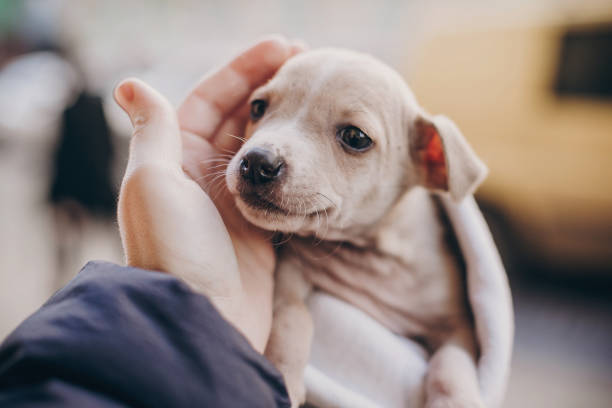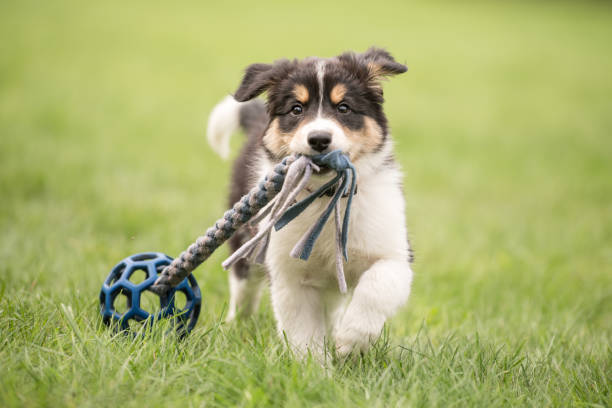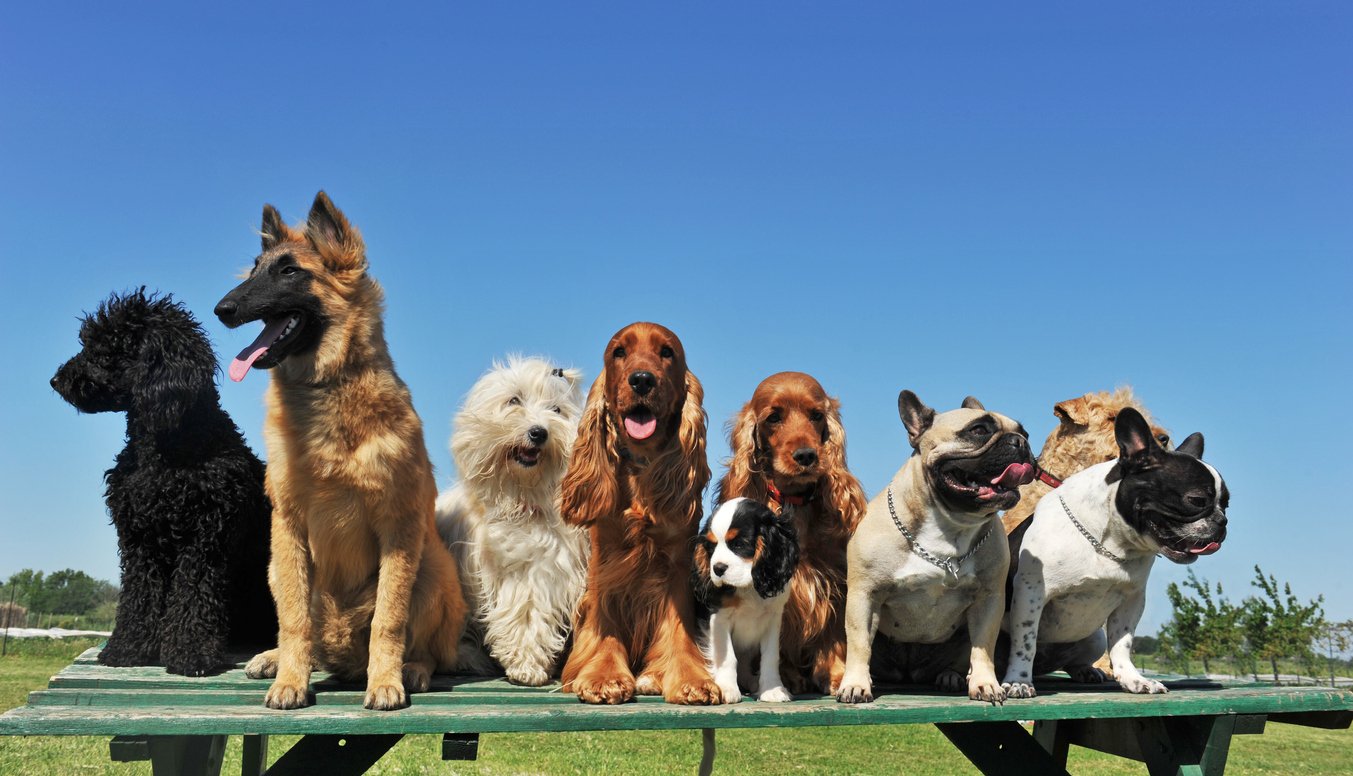You’ve probably heard of 'the terrible twos' in toddlers. But did you know puppies go through something similar? Without proper early socialization, even the most adorable pup can grow into a fearful, anxious, or even aggressive adult dog. And once those behaviors take hold, they’re harder—and more expensive—to undo.
The good news? You can prevent all that with a bit of knowledge and a lot of early exposure. Whether you’re a first-time puppy parent or a pet-care professional, this guide will walk you through everything you need to know about puppy socialization: what it is, why it matters, when to start, and how to do it right.
What Is Puppy Socialization?
 Socialization isn’t just “playing with other dogs.” It’s a structured process that helps your puppy learn to feel comfortable in a wide variety of situations, around all kinds of people, sounds, textures, and environments.
Socialization isn’t just “playing with other dogs.” It’s a structured process that helps your puppy learn to feel comfortable in a wide variety of situations, around all kinds of people, sounds, textures, and environments.
When done properly, socialization teaches puppies to:
- Stay calm around strangers, loud noises, and new environments
- Tolerate grooming, handling, and vet visits
- Adapt quickly to new experiences and changes
- Grow into confident, well-adjusted adult dogs
Without it, dogs are more prone to:
- Separation anxiety
- Fear-based reactivity or aggression
- Excessive barking or destructive behaviors
- Stressful vet, grooming, or boarding visits
The Critical Window: Timing Is Everything
Puppies are most receptive to new experiences between 3 and 16 weeks of age. This is when their brains are most open to learning that the world is safe, not scary.
Here’s a quick timeline:
- 3–5 weeks: Breeders begin gentle handling and household exposure.
- 6–8 weeks: Puppies explore different surfaces, sounds, and smells.
- 8–12 weeks: Ideal window for public exposure and structured interactions.
- 12–16 weeks: Reinforce positive experiences with real-world practice.
While socialization can (and should) continue after 16 weeks, missing this early window can make things much harder down the road.
What Should Puppies Be Exposed To?
 Puppies should be exposed (safely) to as many people, places, and situations as possible during the 3-16 weeks old time period. Rover even has a handy checklist that pet parents can follow for each of these main socialization areas. Here are a few of their recommended scenarios:
Puppies should be exposed (safely) to as many people, places, and situations as possible during the 3-16 weeks old time period. Rover even has a handy checklist that pet parents can follow for each of these main socialization areas. Here are a few of their recommended scenarios:
People
Puppies should be gently introduced to a wide variety of people, including babies, toddlers, teens, adults in uniforms, people wearing sunglasses or hats, and individuals of different ethnicities and body types. This diversity helps your puppy learn that humans come in many forms and that there’s no need to be afraid.
Environments
Environmental exposure is just as critical. Take your puppy on short trips to places like parks, sidewalks, elevators, pet stores, and vet clinics. Let them walk on different surfaces—such as grass, tile, carpet, or metal grates—so they become comfortable with unfamiliar textures under their paws.
Sounds
Noise sensitivity can be a major issue in adult dogs if not addressed early. Introduce your pup to typical household and outdoor sounds like vacuums, doorbells, fireworks (through safe audio recordings), and even construction noise or loud children playing. Keep the volume low at first and pair the sounds with treats and praise to create positive associations.
Handling
Handling is another key piece of the puzzle. Start by gently touching their paws, ears, tail, and mouth, and gradually introduce grooming tools like brushes and nail clippers. Practice mock vet exams and light restraint to help them get used to being touched and held. Your future groomers and veterinarians will thank you—trust us.
Tips for Pet-Care Professionals
If you run a grooming salon, daycare, or training facility, you play a huge role in shaping a puppy’s early experiences.
Create a 'Puppy Social Club'
- Offer structured playtimes for puppies under 16 weeks
- Include safe object exploration (ramps, tunnels, textured mats)
- Keep groups small and age-appropriate
 Train Your Staff
Train Your Staff
- Teach team members to spot fear signals and redirect with positivity
- Ensure handling is always gentle, never forced
Communicate With Clients
- Offer daily feedback reports with photos and tips
- Educate owners about how to continue the work at home
The Lifelong Payoff of Socialization
Early socialization is one of the best investments you can make in your puppy’s future. With the right guidance, you’ll help your pup grow into a confident, adaptable dog who easily handles grooming appointments, vet visits, and new adventures.
At Revelation Pets, we’re proud to support the pet-care pros who make this work possible. Our software helps you simplify scheduling, store pet information, and share updates with pet parents so everyone’s on the same page.
Ready to support the next generation of happy, healthy pups?
Get a free trial of Revelation Pets and see how we help pet businesses grow.






